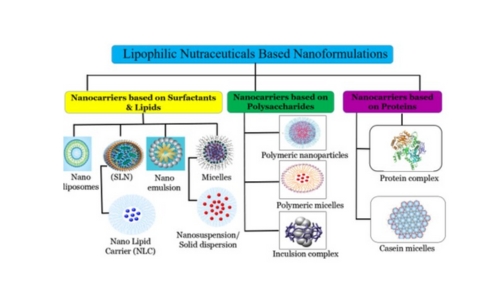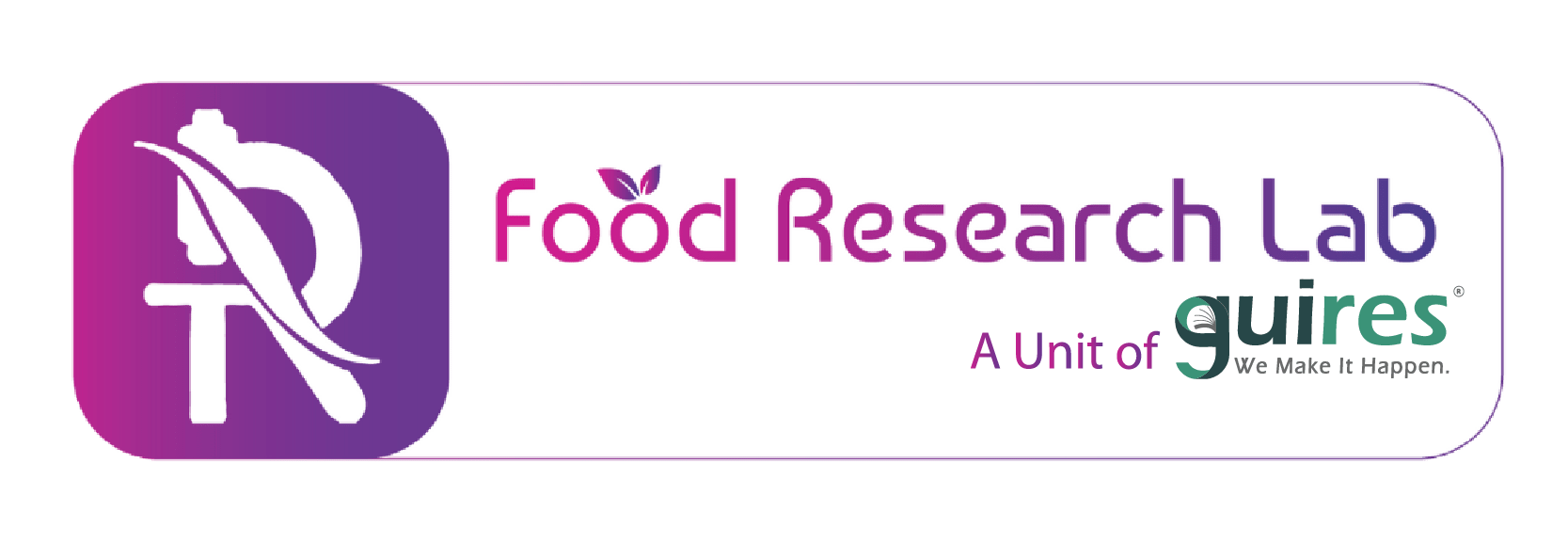Nanofabrication Technology for Nutraceuticals
INTRODUCTION
- The near-atomic manipulation of matter to produce new materials, structures, and devices is known as nanotechnology. The method promises advancements in science across domains, including manufacturing, consumer goods, energy, materials, and medicine.
- Nanotechnology is a promising and fast-growing field in the food, beverage, and nutraceutical industries.
- With an ever-increasing demand for products with health benefits, nutraceuticals are becoming popular. Nutraceuticals contain several bioactive compounds that are susceptible to degradation during handling and processing.
- Nanotechnology, or nanofabrication of bioactive compounds with better delivery strategies to improve the efficacy and stability of the nutraceuticals.
- Advances in Nano-formulation processes reduce the limitations of bioactive molecules such as bioavailability, specificity, and solubility. This provides new insights into the discovery of novel materials, which are primarily suitable for various biomedical applications
Advantages
- Enhanced solubility, stability, bioavailability, and efficacy of nutraceuticals with encapsulation of nutraceuticals by nanoparticles.
- One of the effective methods has been encapsulation with the “generally recognized as safe” (GRAS) nanomaterials, which promote the sustained release of the functional ingredients of the nutraceuticals in the body, simultaneously also increasing their nutritional quality and stability.
- Nanoemulsions are extremely small, transparent, or translucent droplet emulsions. The size of the droplets varies from 50 to 200 nm which makes it easier for absorption.
Disadvantages
- Enhanced solubility, stability, bioavailability, and efficacy of nutraceuticals with encapsulation of nutraceuticals by nanoparticles.
- One of the effective methods has been encapsulation with the “generally recognized as safe” (GRAS) nanomaterials, which promote the sustained release of the functional ingredients of the nutraceuticals in the body, simultaneously also increasing their nutritional quality and stability.
Different delivery systems with nanotechnology:
- Carbohydrate/Polysaccharides Delivery Systems
- Protein-Based Delivery Systems
- Lipid-Based Nano Delivery Systems
- Nanoemulsions
- Nanoliposomes
- Nanostructured Lipid Carrier
- Nanogels [1]






